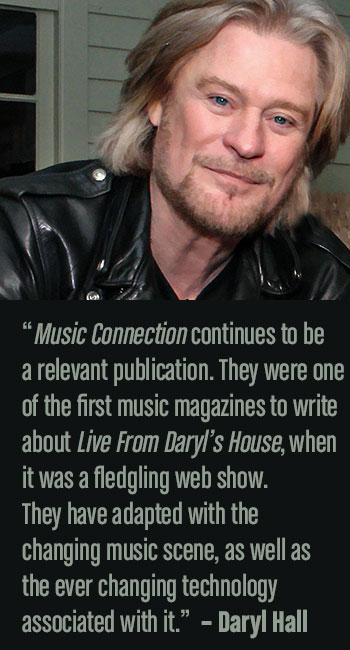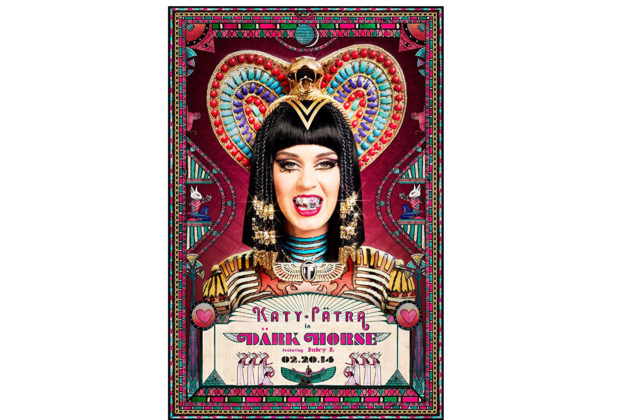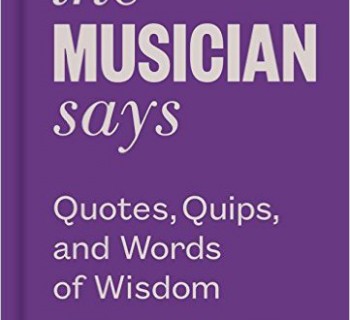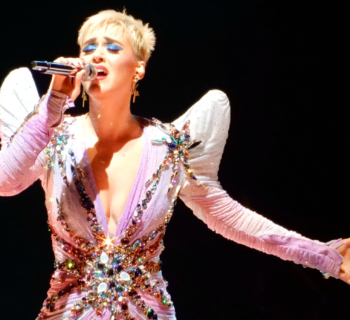On July 29, 2019 a Los Angeles federal court jury held, in a unanimous verdict, that Katy Perry was liable for copyright infringement for copying (for her 2013 hit song “Dark Horse”) the underlying beat to a 2008 Christian rap song, “Joyful Noise,” by Marcus Grey.
The creator of the beat, Chike Ojukwu, and Emanuel Lambert, who co-wrote the song, were also plaintiffs. In addition, Perry’s music producer, Dr. Luke and three other defendants were held liable.
The case was “Bifurcated,” meaning the liability phase of the case was decided first and then the second phase to determine damages was decided. This sometimes happens in litigation since if there is no liability, there is no need to determine damages.
One of the primary defenses was that “Joyful Noise” was a somewhat obscure song and defendants had never even heard it before they were sued by the plaintiffs. Both Perry and Dr. Luke testified that was, in fact, the case. Plaintiffs contended that “Joyful Noise” appeared on an album that had been nominated for a Grammy award for best rock or rap gospel album, and therefore defendants could easily have heard it before.
Another failed defense was that “Joyful Noise” was itself a “derivative work” under copyright law and, consequently, plaintiffs could not have a legitimate copyright infringement claim to the beat.
Plaintiff Grey also made a somewhat unusual argument that his reputation as a Christian artist was damaged by the “anti-Christian witchcraft, paganism, black magic and Illuminati imagery evoked by ‘Dark Horse,’ especially in the music video version.”
Perry’s attorneys argued that the slight similarity between “Dark Horse” and basic musical patterns of “Joyful Noise” were not entitled to protection under copyright law.
Finally, defendants argued that in the beginning of her career, Perry was a Christian pop artist and her parents were pastors. Therefore, she was likely to have heard “Joyful Noise.”
Of course, defendants have the right to appeal the verdict.
Most copyright infringement cases settle without a trial. When there is a trial it is often a battle of experts. Both plaintiffs and defendants had expert witnesses in the Perry case that came to opposite conclusions regarding whether there was copyright infringement. In these types of cases the parties hire a musicologist who may be, for instance, a music professor at a prestigious university.
Many in the music industry are concerned about this verdict as well as the 2015 verdict in the “Blurred Lines” case where Robin Thicke and Pharrell Williams were held liable for copying Marvin Gaye’s “Got to Give it Up.” They worry this verdict may encourage others to file copyright infringement cases where the alleged song infringed by the defendant has little in common with the plaintiff’s song. One problem in these types of copyright cases is that most juries are not well-versed in music theory or the intricacies of copyright law, making these claims very unpredictable.

GLENN LITWAK is a veteran entertainment attorney based in Santa Monica, CA. He has represented platinum selling recording artists, Grammy winning music producers, hit songwriters, management and production companies, music publishers and independent record labels. Glenn is also a frequent speaker at music industry conferences around the country, such as South by Southwest and the Billboard Music in Film and TV Conference. Email Litwak at gtllaw59@gmail.com or visit glennlitwak.com.
This article is a very brief overview of the subject matter and does not constitute legal advice.














